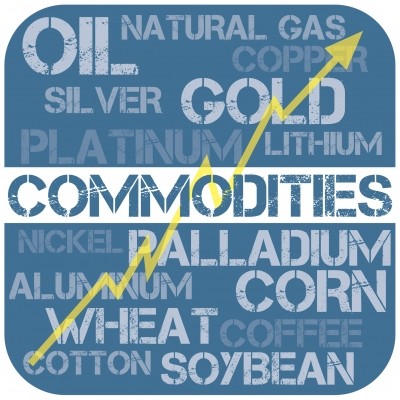Deal could be reached to keep Black Sea grain corridor

This deal is set to expire towards the end of November.
Representatives from Russia, Ukraine and Turkey have met in recent days, and it looks more likely that a deal will be reached to keep the corridor alive—before it expires next month—compared to the same time a week ago, said UK based commodity market analysts, CRM Agri.
Most recent Ukrainian export data puts exports of grains close to its pre-war levels. Market data shows Ukraine has exported more than 6.8m tons of grain and other foodstuffs, about a third of its storage, since a sea corridor from the war-torn country opened in July.
Easing inspections could be part of extension agreement, according to a piece from Reuters. Ships exporting Ukrainian grain are reportedly backing up outside Istanbul and waiting an average of nine days because too many are not ready for inspection.
Market impacts
Rapeseed markets remain reactive to news on the Ukrainian export corridor, noted AHDB in a market outlook yesterday. Longer term, soybean markets and recessionary concerns will likely pressure prices for that oilseed crop, said that team.
That organization maintains a short-term neutral but long-term mildly bearish perspective on soybean markets. “Global ending stocks were revised up as expected in [last] Wednesday’s WASDE, easing global S&D despite a smaller US crop. However, planting progression in South America over the next few weeks will be key to longer term direction.”
Wheat markets also remain supported by concerns of Black Sea supply. Longer term, southern hemisphere production will be a key factor to watch for global supply, and recessionary concerns could pressure markets, said the AHDB grain and oilseed market experts.
The war in Ukraine, and tight global supply, are factors keeping corn markets supported short term. “Longer term, with a currently tight global balance, large South American plantings and recessionary impact on demand could loosen this picture slightly.”











